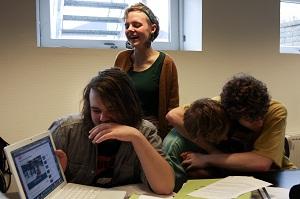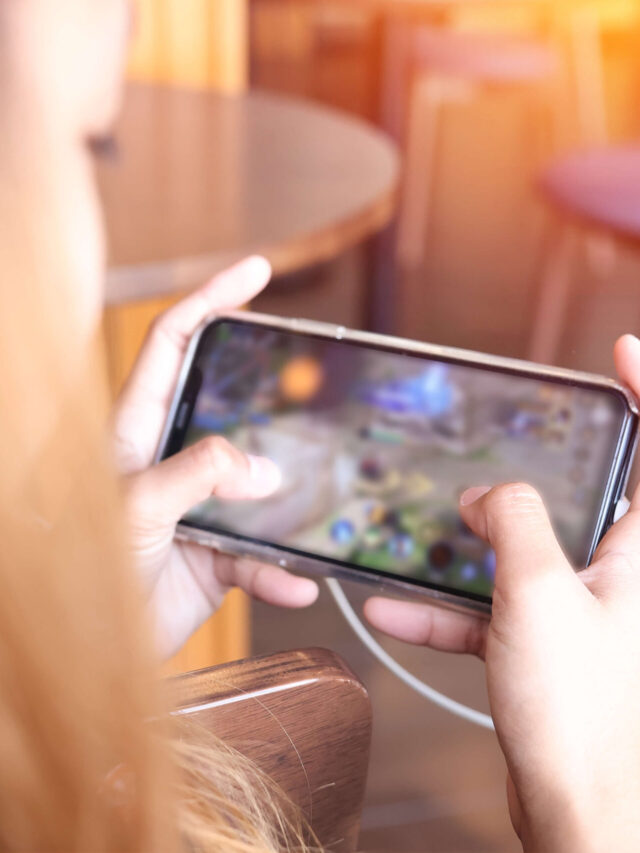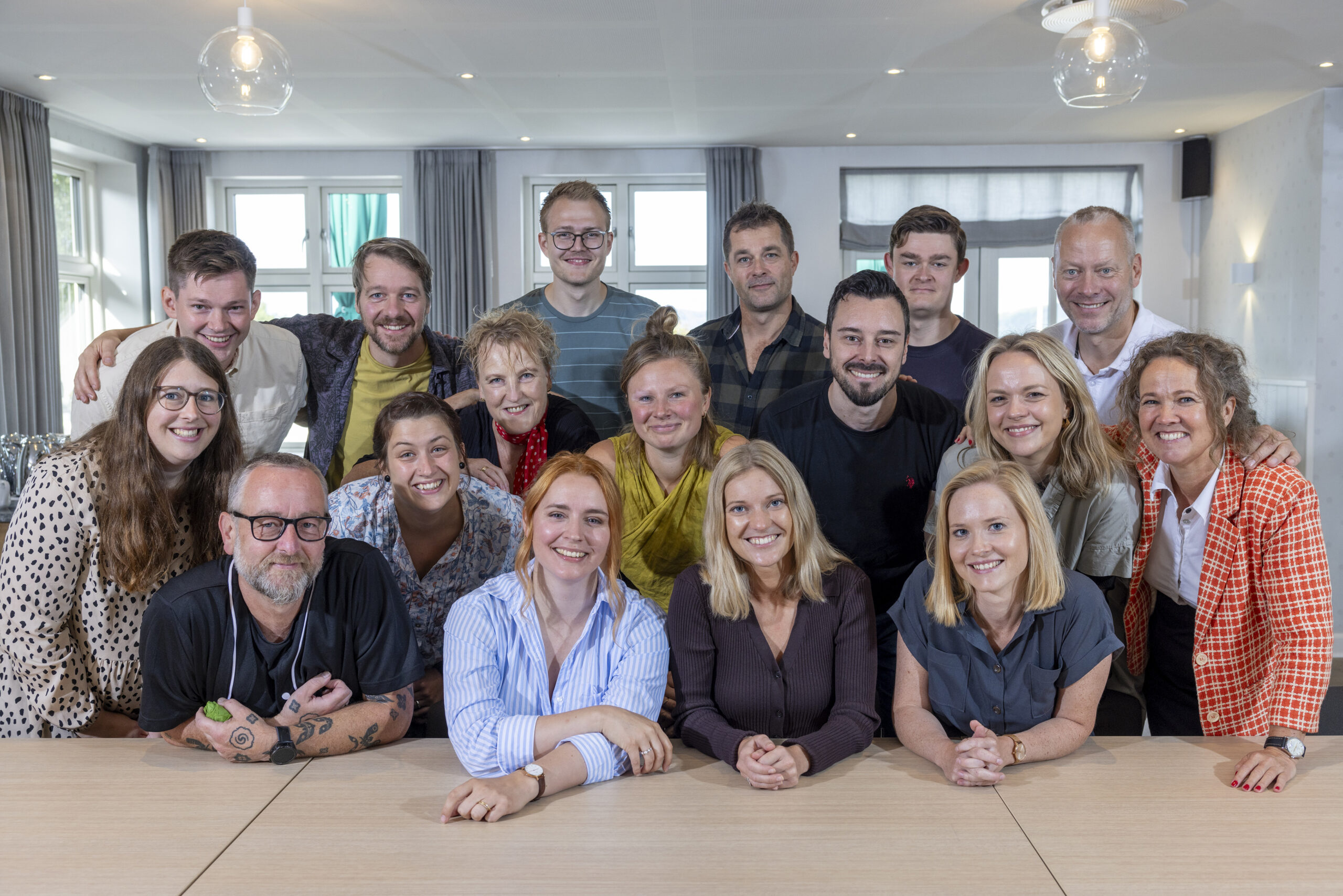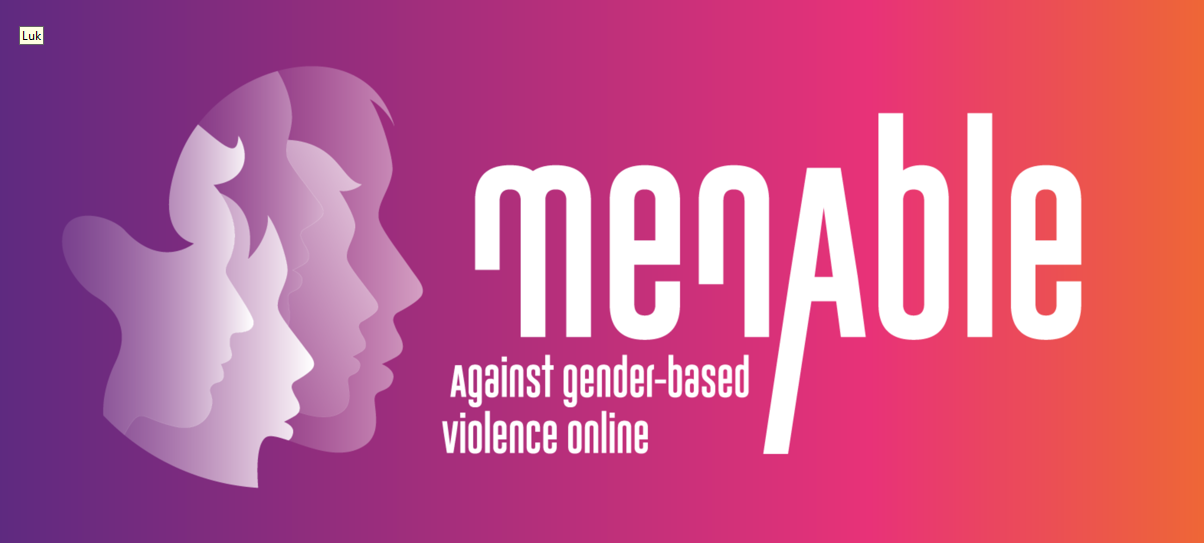Offline/Online – One World for Children and Young People
Young people does not distinguish between the wall on Facebook and the quarrel in the schoolyard. For them it is a whole. If we, as professionals, divide this world, we risk losing the opportunity to reach and help young people.
Children and young people are increasingly looking for help and good advice on internet-related problems from the European helplines that offer general counselling (NGO) rather than the helplines that only offer specific internet-related counselling. This is evident from a new survey among EU’s helplines under Insafe – Safer Internet Plus Programme.
This is concurrent with our experiences. For us, it is evident that children and young people no longer distinguish between their online and offline lives. For children and young people it is all one world and it does not make any sense for them to divide it. And it no longer should for us professionals.
We Should Not Distinguish
If a young person has experienced being bullied on Facebook by some young people from class, then focus is on the relationship between the young person and the bullies. Not Facebook and the web, which in this case is merely the platform, where the bullying takes place. Furthermore, the relationship is often not limited to Facebook, but also a problem in the schoolyard, in class, on the mobile, etc. Our counselling must therefore take the possible feelings of the bullied and the relationship between the involved parties as starting point. In counselling, we must not distinguish between the wall on Facebook and the quarrel in the schoolyard, because for the young person it is a whole.
Only Part of the Solution
It is not to say that we do not involve concrete, internet-related solutions and opportunities, such as reviews, blocking profiles, and general online behaviour. But it is only part of the solution. We must also have the conversation with the educators, the parents, and the schoolyard as part of the basket of opportunities we are working on with young people.
Entirely Integrated Part of Everyday Life
When a child is bullied online, the child does not experience it as an internet-related problem, but as a problem in his or her social circles. As a consequence, the young person increasingly seek a general counselling, where it is the human relationship that is the starting point, and it is in this relationship the solution must be found. It is important that we are very aware of this in our online youth care work with children and young people.
As adults and professionals, we must understand the young person’s perception of the internet as an entirely integrated part of their everyday life and worldview. If, as professionals, we divide this world, we risk offering counselling that is not relevant to the young person, and on this basis we lose the opportunity of reaching and helping the young person.
Cyberhus is appointed official helpline in Denmark under EU’s Safer Internet Programme








Hvis du vil sætte et par ord på din tilbagemelding, vil det hjælpe os rigtig meget, til at kunne forbedre vores indhold.